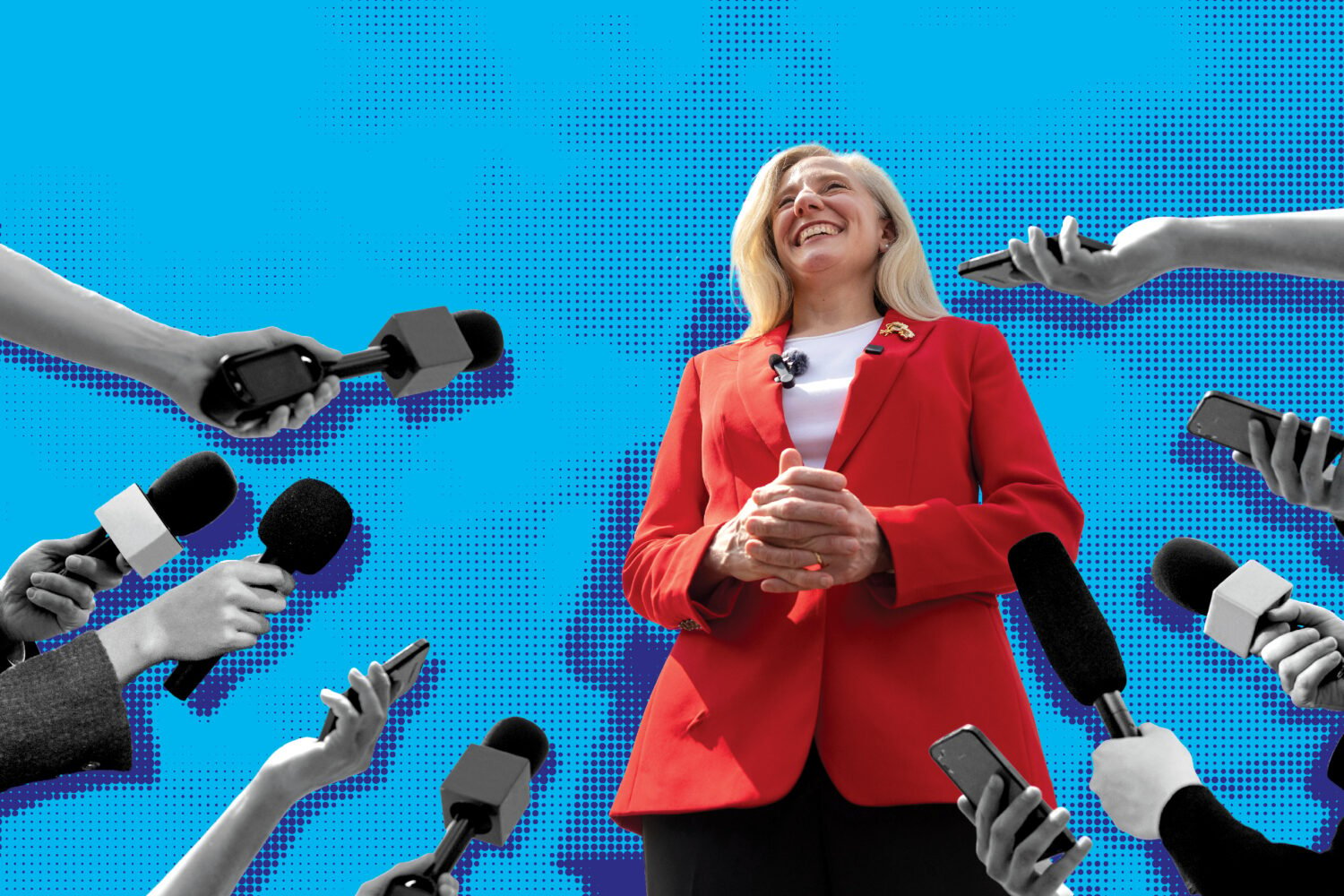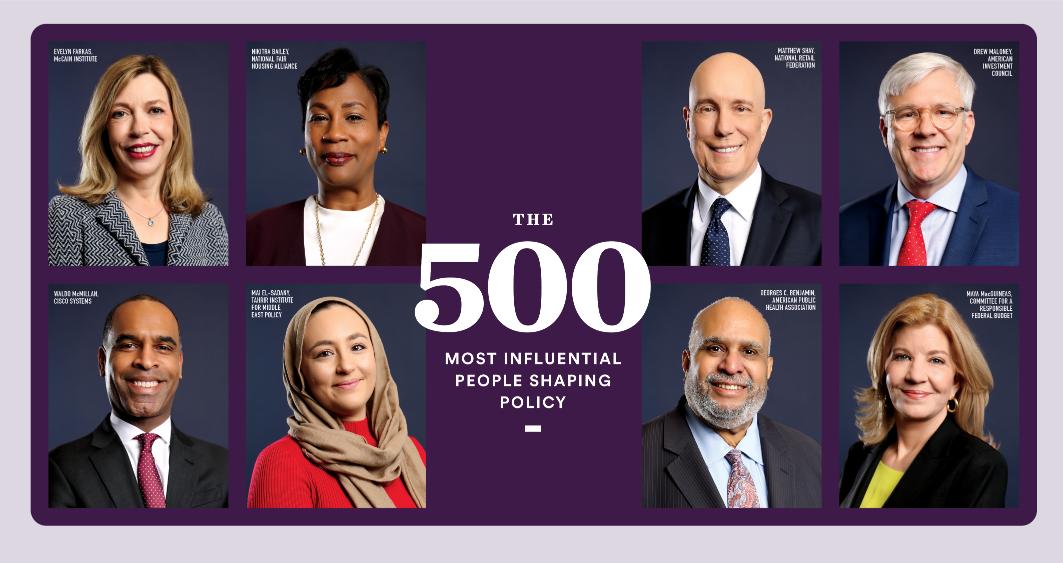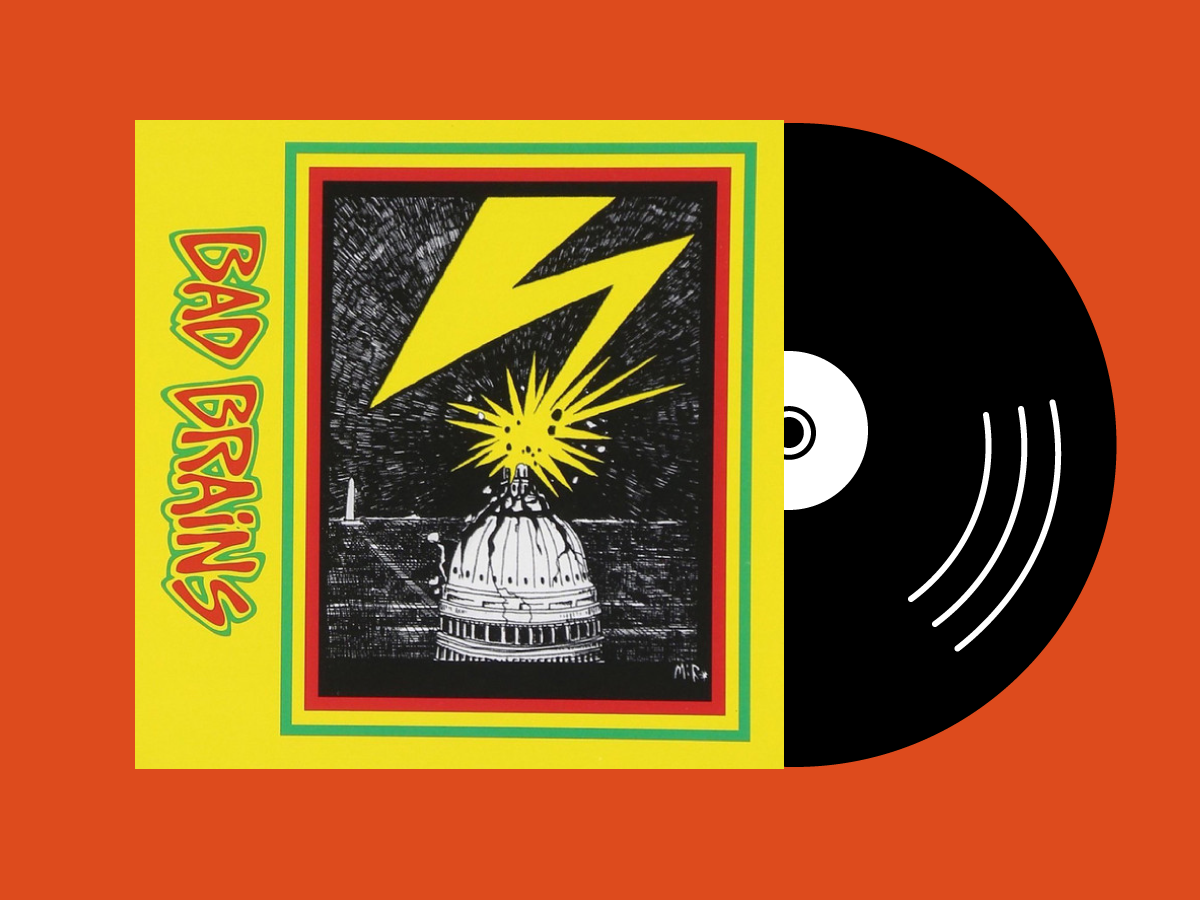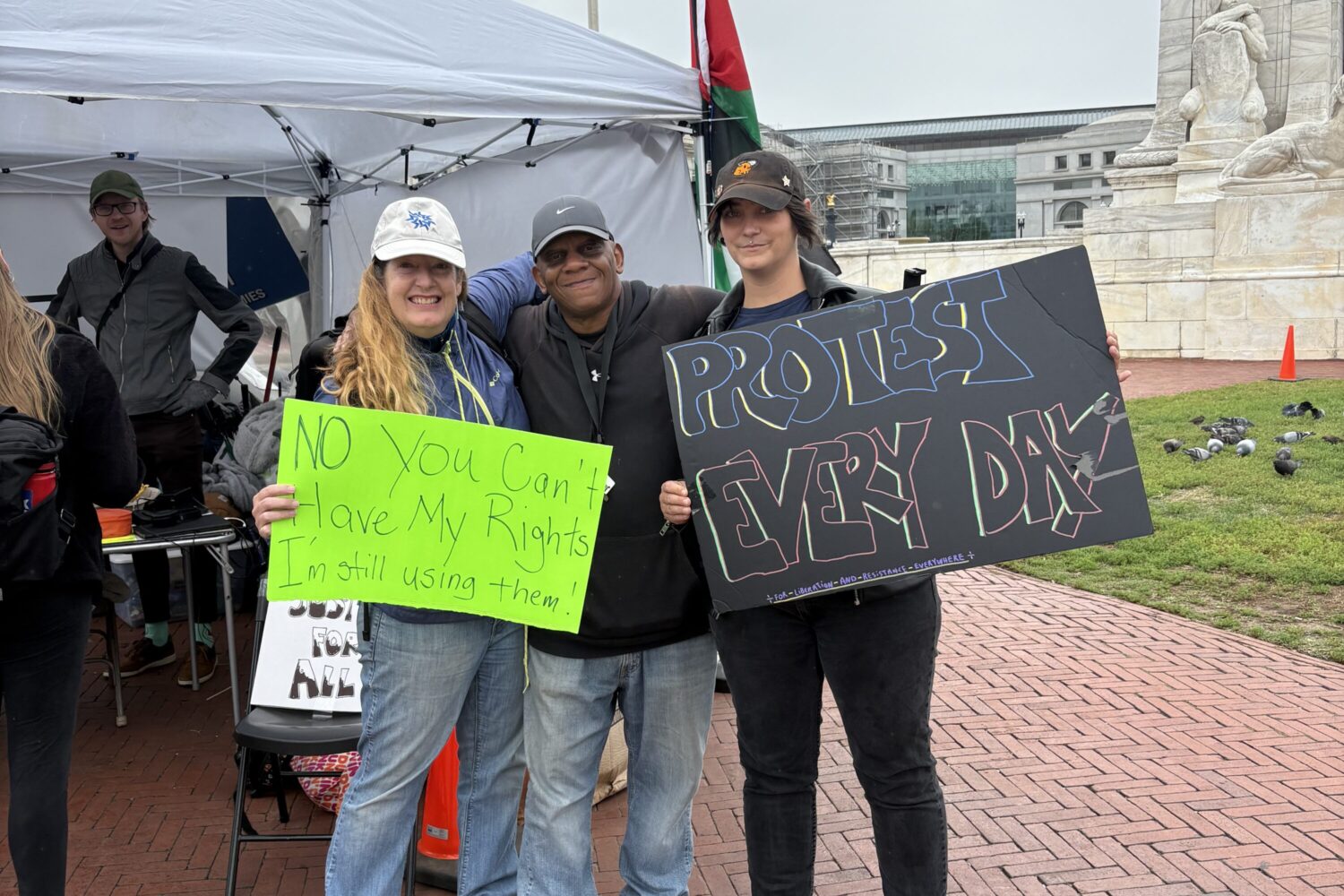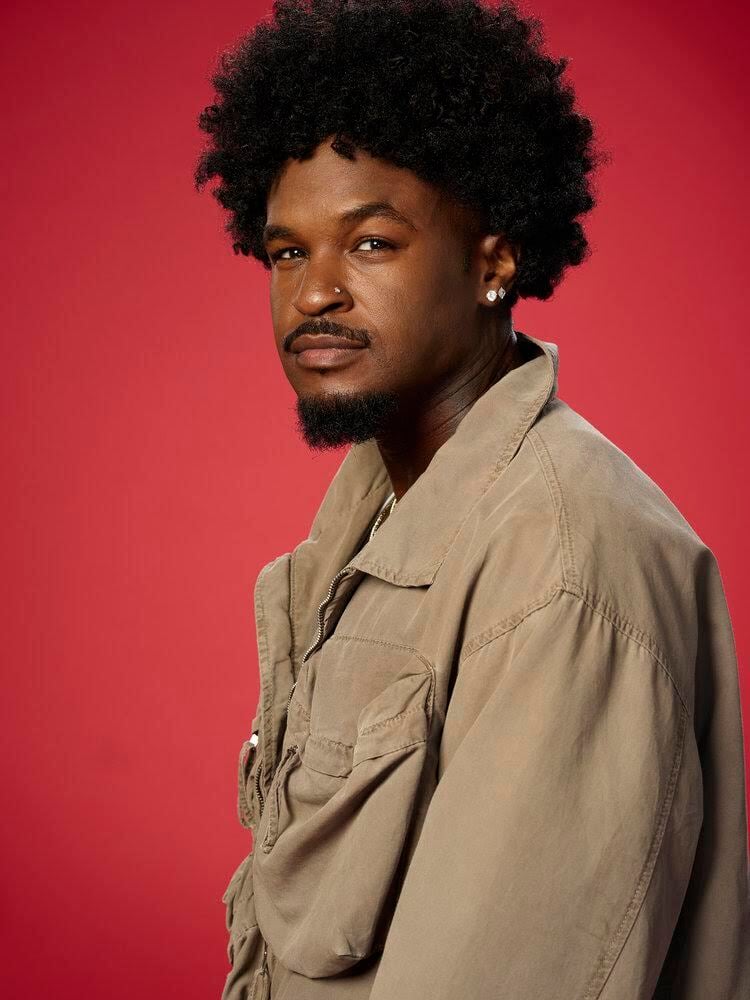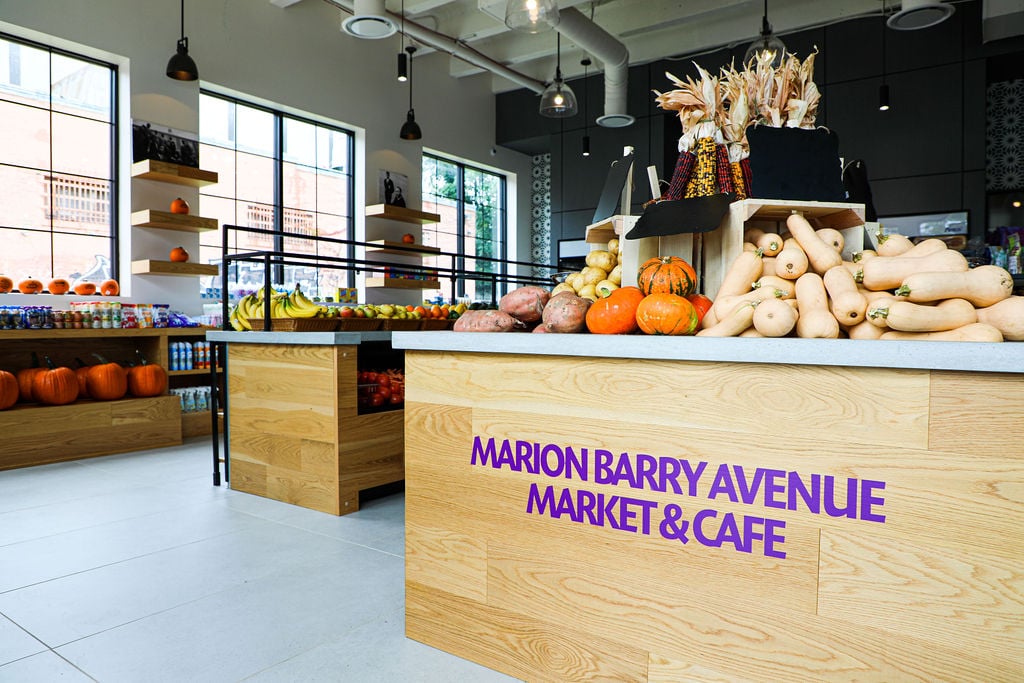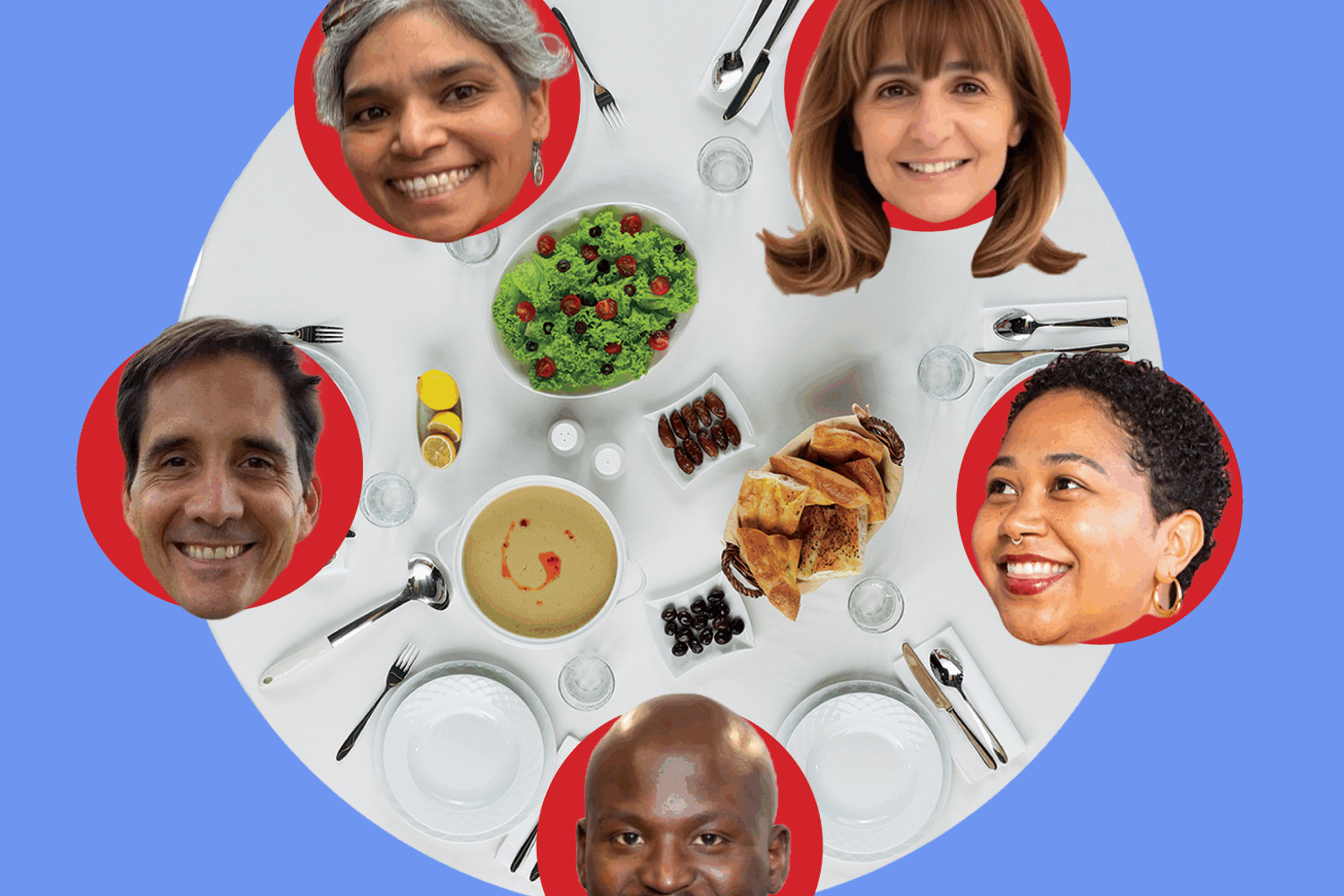
Conversations about race are often framed as a conflict between distinct groups. But what about people who don’t fit neatly into such categories? “I think it’s a really regressive, and a really reductive, way to think about race,” says Washington Post social media editor Alex Laughlin. Laughlin’s the creator of “Other: Mixed Race in America,” a new podcast from the Post.
“The point of the podcast is not saying ‘It’s so difficult being a mixed-race person, woe is me,'” Laughlin says. “It’s simply a way to tell stories about what it means to be American from a very specific perspective. I do think mixed-race people are uniquely positioned in our society to see more facets of what it means to be an American, because we are exposed to at least two different worldviews.”
The first episode of the five-part narrative miniseries, “Am I an Asian-y trinket to you?,” investigates the “supercharged micro-aggressions” multiracial people face in romantic situations, those subtle forms of discrimination that are “constant, continual and cumulative,” as Derald Wing Sue of Columbia University described them on PBS Newshour. Micro-aggressions add up, making even seemingly small incidents painful.
Laughlin, who is white and Korean, calls creating the podcast a “deeply emotional experience,” and she hopes non-mixed audiences will experience empathy when they hear the stories. She spent months reading everything she could about mixed-race identity in preparation, including learning the history of eugenics and embedding herself in online communities dedicated to multiracial people. From there, she picked out themes she was interested in exploring, then found sources who had interesting stories to tell.
“Some of the episodes are really personal and intimate to my experiences,” she says. “I think that’s been really helpful in propelling me forward and in giving me the drive I needed to finish this but it’s also taken a lot out of me personally. I’m really excited to work on something that’s not about me.”
In this inaugural release, Maureen O’Connor of New York magazine talks about about a casual hookup that took a turn for the creepy, and Tabria Lee-Noonan, who grew up in the primarily white city of Seattle, grapples with the effects of being fetishized from a young age.
“My overall philosophy in this space is we don’t really want to do be doing the same things that everyone else is doing,” says Jessica Stahl. “So it was exciting to us to get to explore it, and to get to explore it in audio, which is such a personal format where you can really connect with the people whose stories you’re hearing.”




